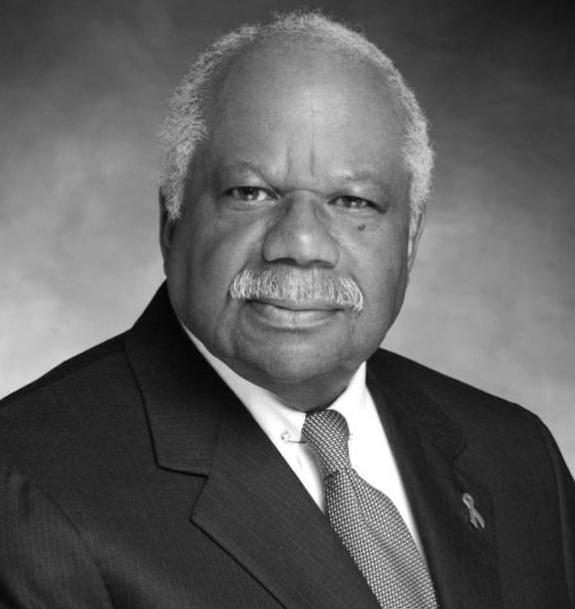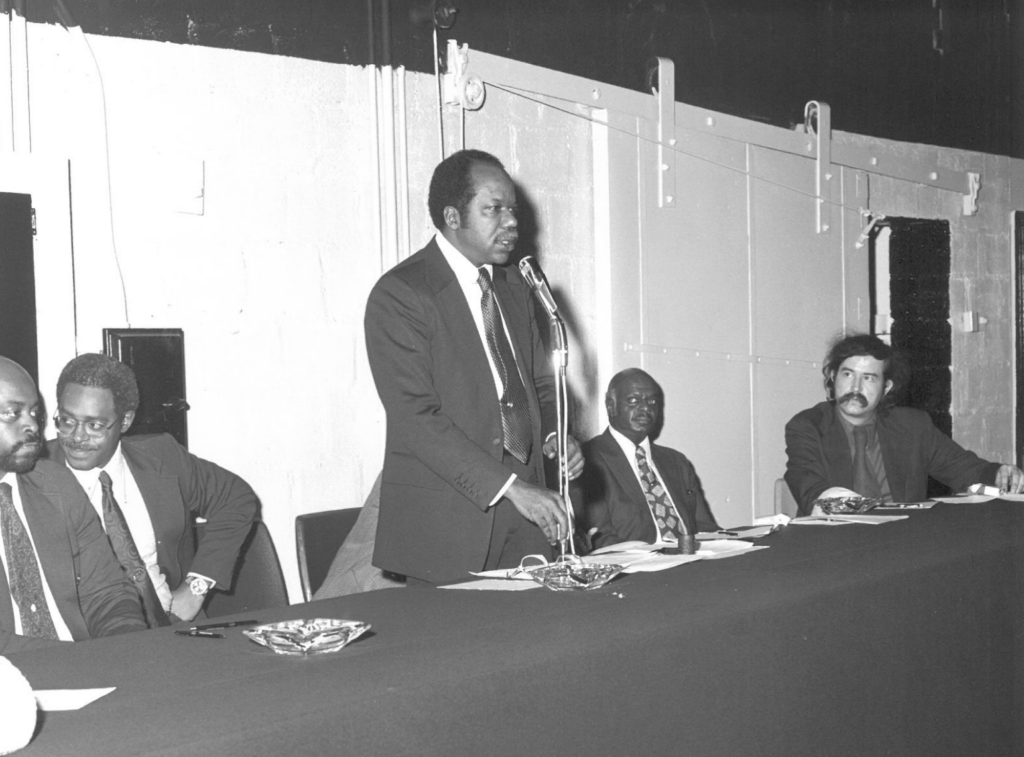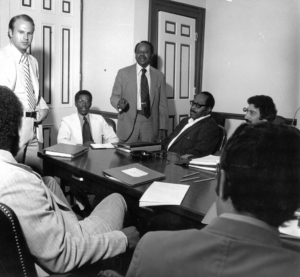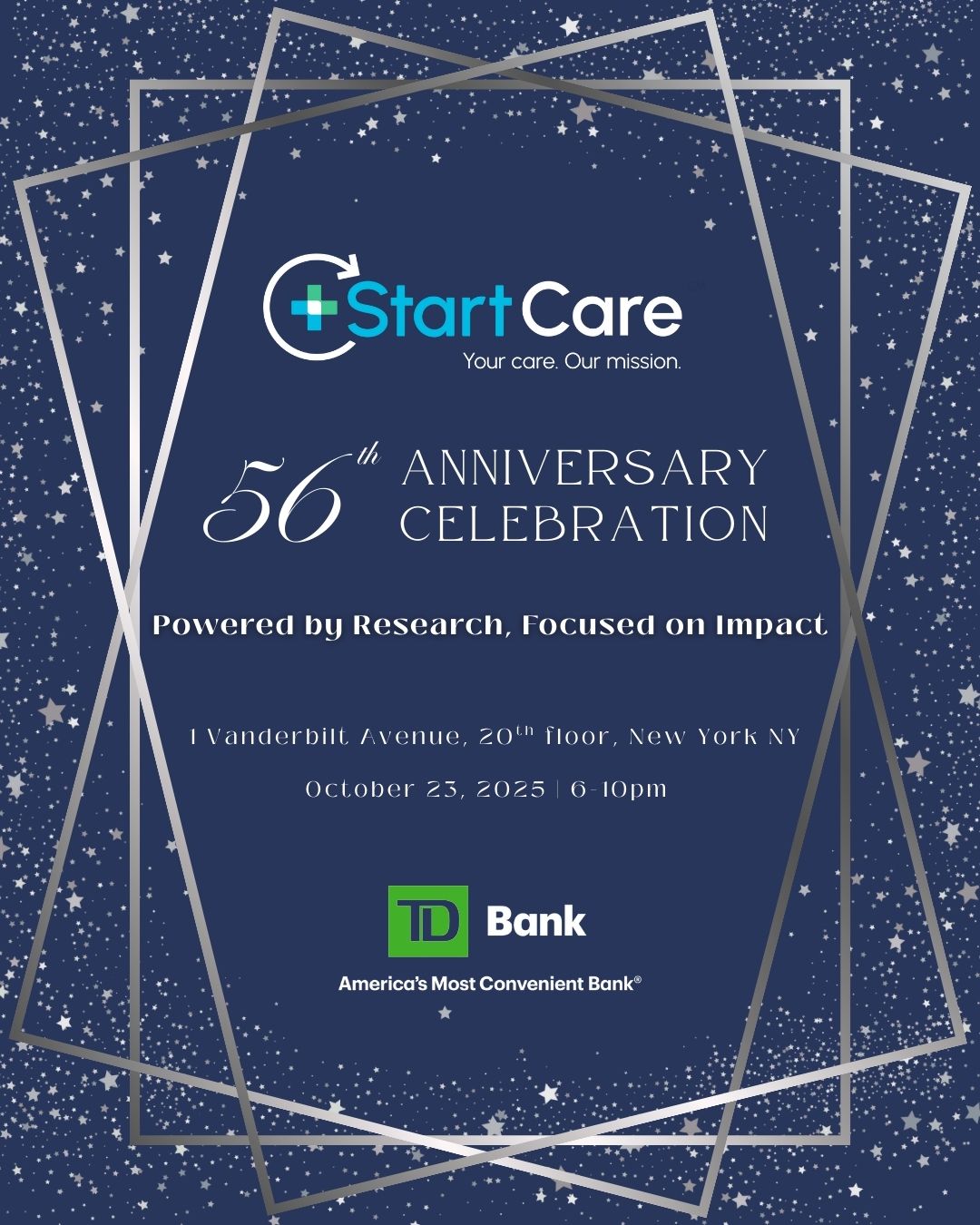
Our Founder
Dr. Beny Jene Primm (May 21, 1928 – October 16, 2015) was a prominent American physician, HIV/AIDS researcher, lecturer, and advocate for public health policy reform. For 50 years, Dr. Primm led the field of medication use in treating opioid use disorder. In 1969, he founded the Addiction Research and Treatment Corporation (ARTC), now known as START Treatment & Recovery Centers (START), and looking ahead to our next chapter as StartCare. While START began treating patients in a single building at 937 Fulton Street, Brooklyn, it has grown into one of the nation’s largest and oldest minority-led, non-profit, and community-based agencies; conducting research and providing substance use disorder and behavioral health treatment, primary medical care, and prevention and treatment services for infectious diseases, including HIV and viral hepatitis. StartCare now has nine programs in Brooklyn and Manhattan.
Born in Williamson, West Virginia, Dr. Primm dreamed of becoming a doctor from an early age. He attended Lincoln University for two years, then attended West Virginia State University shortly after, where he became a member of Alpha Phi Alpha fraternity, joined R.O.T.C., and graduated in 1950. His graduate studies were completed at the University of Heidelberg in Germany and the University of Geneva in Switzerland where he earned his Doctor of Medicine in 1959.
In 1963, Dr. Primm began working as an anesthesiologist at Harlem Hospital. During this time, he began specializing in drug addiction treatment and prevention. Six years later, he founded the ARTC, the predecessor to START. From its inception, ARTC was dedicated to addressing the heroin epidemic raging among inner-city residents and Vietnam War veterans. A major initiative of ARTC was to determine the safety and efficacy of methadone as medication to help individuals battling heroin addiction. Dr. Primm combined this treatment with social and psychiatric services.

The HIV/AIDS pandemic disproportionately affected injection drug users. Undaunted, Dr. Primm met these challenges head-on. By combining primary care with HIV/AIDS care at the same location and by the same clinicians, he pioneered the concept of “one-stop-services” for addressing substance use with co-occurring disorders. ARTC also began groundbreaking biomedical and behavioral research in Substance Use Disorder treatment and HIV/AIDS care.
Dr. Primm was a fierce opponent of the stigma that accompanied HIV/AIDS diagnoses since the start of the epidemic. His leadership and advocacy were crucial to allocating funds for HIV/AIDS prevention and treatment domestically and internationally. A renowned public speaker, he moved audiences with his expertise, frank talk, and down-to-earth delivery. Continuing his work of reducing the stigma associated with this illness, he traveled extensively with Magic Johnson to educate religious communities about the role they could play in facilitating HIV prevention and treatment.
In 1986, the U.S. Surgeon General, C. Everett Koop, issued the Surgeon General’s Report on AIDS. In it, he called for a comprehensive program of sex and AIDS education, urged the widespread use of condoms, and dispelled myths that mosquitoes could spread HIV. Dr. Primm heard and heeded the Surgeon General’s warning and sprang into action to co-form the National Black Leadership Commission (NBLCA) on AIDS. The NBLCA became one of the leading organizations in the fight against the epidemic within the Black population.
Dr. Primm served as the first Director of the Office of Treatment Improvement (OTI) at the Alcohol, Drug Abuse, and Mental Health Administration (ADAMHA); the precursor to today’s Center for Substance Abuse Treatment (CSAT) in the Substance Abuse and Mental Health Services Administration (SAMHSA).
He was internationally recognized as one of the world’s foremost experts on HIV/AIDS during the ’80s. He was an early proponent of preventative measures such as sterile needle programs, personal HIV/AIDS status testing, and safe sex.
Dr. Primm advised several Presidential administrations on drug policy issues, beginning with the Nixon administration. He served on President Reagan’s Presidential Commission on the HIV epidemic, which issued a 1988 report containing 500 recommendations outlining a comprehensive national response to the epidemic. Subsequently, he served on the Presidential Advisory Council on HIV/AIDS and the CDC-HRSA Advisory Committee on HIV, Viral Hepatitis, and STD Prevention and Treatment.
He also played a pivotal role in persuading the Clinton administration to declare the AIDS epidemic a state of crisis and to make money available to fund AIDS programs designed to serve at-risk minority populations. He is widely credited, along with Congresswoman Maxine Waters, as the architect of the 1998 Congressional Minority AIDS Initiative. This resulted in the allocation of millions of dollars to help community-based organizations, research institutions, and state and local health departments address HIV and AIDS within minority populations.
Dr. Primm’s service at the Federal level was lifelong — he served as Chair Emeritus of the National Minority AIDS Council and Vice Chair of the National Black Leadership Commission on AIDS for almost two decades.
As a testament to his leadership in addiction medicine and HIV/AIDS, Dr. Primm received over one hundred prestigious awards and honors. His most notable awards were the Nyswander-Dole “Marie” Award from the American Association for the Treatment of Opioid Dependency in 1992, the National Minority AIDS Council’s Lifetime Achievement Award in 2000, and the John P. McGovern MD Award in 2001.
A major highlight of his career was being chosen by former Surgeon General, Dr. David Satcher, to receive the Surgeon General’s Medal of Honor in 2000 for his work fighting HIV/AIDS.
Dr. Primm was an advocate for public health reform, civil rights and equality, mentoring many junior colleagues and young practitioners across the nation. He was a founding board member of Mentoring in Medicine, an organization dedicated to supporting the growth and development of underrepresented groups in the health profession, and a member of many prominent organizations like 100 Black Men of America, Inc.
In 2014, a year before his death, Dr. Primm released a memoir titled The Healer: A Doctor’s Crusade Against Addiction and AIDS. The book details his lifelong service to prevent, treat and cure addiction and AIDS. The foreword, penned by former Mayor David Dinkins, is a testament to Dr. Primm’s legacy and impact on New York City. The memoir painted a picture of the state of New York in the early 1980s and the mindset towards HIV/AIDS, especially the high infection rate among African Americans.
Dr. Primm is predeceased by his wife, Delphine Evans Primm (deceased 1975), who he married on December 31, 1951. He is the father of four daughters: Dr. Annelle B. Primm, Martine Primm, Jeanine Primm Jones, and Dr. Eraka Bath, and two granddaughters, India Primm-Spencer and Noa Bath Fortuit.
Dr. Primm often declared, “I will not die with my music in me.” He sang his songs until his last days. What he didn’t realize is that his songs would be sung forever through all of us whose lives he touched.
StartCare has engaged over 64,000 participants, impacting hundreds of thousands of families and community members since its founding. StartCare continues to expand its programs and services to underserved community members across NYC.

